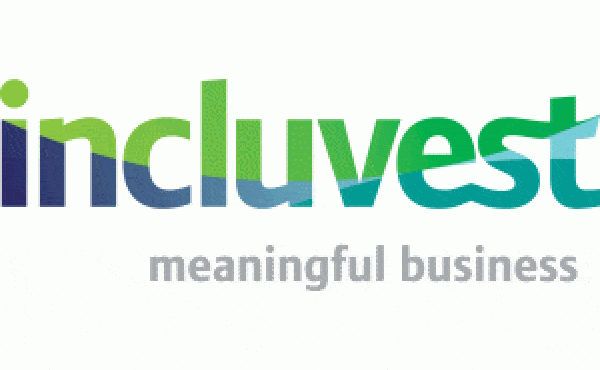EVPA Member: Incluvest BV
1. Please tell us about your organization and your involvement in venture philanthropy?
Set up in 2012, Incluvest BV is a company focusing on inclusive impact investment in the agricultural sector in developing countries where poverty dominates people. It derived from an initiative from Woord en Daad, a development aid organisation based in the Netherlands. Our name Incluvest means ‘inclusive investment’, which indicates that we aim to create opportunities for all stakeholders in the value chain, with special attention given to poor farmers at the bottom of the chain. Incluvest creates a unique combination of financial services and capacity development. It highly values social return on investment. We see financial return as the engine to make the social return on investment sustainable. Our investment decisions are made on the basis of Christian principles, from the local legal framework to human dignity. We are currently operational in 8 countries across three continents.
Incluvest aims at playing an important role by providing an Investment Platform for like-minded investors who appreciate high involvement –for example by becoming an investor/co-investor of Incluvest’s investment projects in the South. As an investor Incluvest plays a broker’s role in connecting parties and resources to its promising impact investment cases.
Finally Incluvest uses a variety of financial tools depending on the different needs including donations, grants, loans, equity and co-investment.
2. Where do you see the benefits of venture philanthropy? What are the shortfalls?
We see the following benefits of venture philanthropy:
- Igniting potential
- More result-driven and focussed on (financial) sustainability in comparison with just the traditional development approach
- Encouragement for multi-disciplinary approach in project development which gives the best of both worlds and the conviction that we really can learn from each other (NGO’s from business people and vice versa);
- Balanced and more integrated approach between financial and social return ;
The following shortfalls need to be considered:
- Awareness that Venture Philantropy is not the final answer on all challenges in the world;
- In some sectors, it is difficult to apply a business model (f.ex. education, especially in the western countries, where it is financed by the government via tax-payments);
- Since reality is complex and differs from case to case, there is no ‘one size fits all solution’. Hence, results can only be achieved with tailor made solutions where NGOs , business and the VP sector cooperate together for the same purpose;
One challenge we see is to get the mainstream businesses to apply impact investment principles into their daily business. This would really have a tremendous worldwide impact!
3. Are you carrying out projects in Asia or interested in doing so? If so, what are your areas of interest?
We are currently carrying out one project respectively in Bangladesh and in the Philippines and are interested in expanding them throughout Asia. The first program runs low cost housing in rural areas by providing customized financial products together with local NGOs and MFIs. It is still in its preparation phase and is now looking for cooperation with local impact investing platforms in order to create deal-flow in both established enterprises and early stage inclusive business models. After the first evaluation it is now setting up a separate entity in Bangladesh with the objective to work on complete solutions (from technological innovation to renewable energy) and contracting more local organizations that can implement low cost housing.The other project is based in the Philippines. It matches funds from local microfinance institutions (MFIs) for SMEs that are graduating from microfinance. They are therefore helping the local transition to the agricultural value chain approach by increasing the technical capacity of service providers and investing in the development of financial services.
4. Where do you see your organization in the next 5 years?
Our ambition is to be the best inclusive and impact investor based on Christian values and to become a well-known player in the agricultural value chain development sector. We are also aiming to achieve full operational self-sustainability and having a portfolio of about € 25 million, consisting of both equity and debt-financing.



















